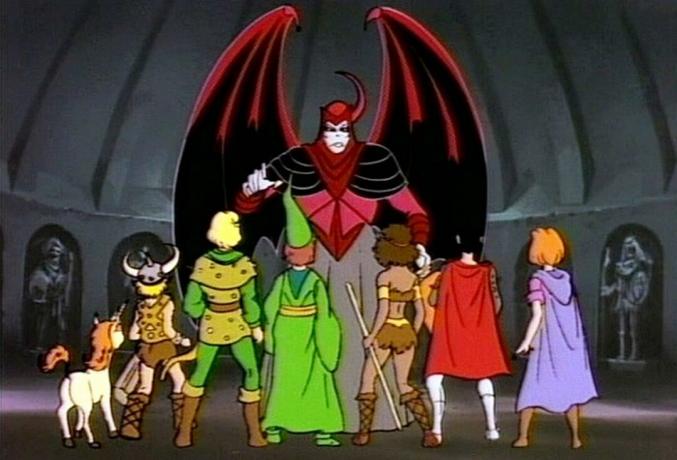Drinking water corresponds to all water available in nature intended for consumption and has characteristics and substances that do not pose risks to living beings that consume it, such as animals and men. Water, under normal conditions of temperature and pressure, predominates in a liquid state and is apparently colorless, odorless and tasteless and indispensable to any and all forms of life.
This water is available to the entire population, whether rural or urban, in the rural environment there is no advance treatment of this resource, however, in urban centers almost it is always necessary to check the quality and degree of contamination, since in the vicinity of cities, streams and rivers are extremely polluted.
Drinking water, or even fresh water available in nature, is quite restricted, about 97.61% of the total water on the planet comes from ocean waters; ice caps and glaciers represent 2.08%, groundwater 0.29%, fresh water from lakes 0.009%, water salt from lakes 0.008%, water mixed in the soil 0.005%, rivers 0.00009% and water vapor in the atmosphere 0,0009%.
Given these percentages, only 2.4% of water is fresh, however, only 0.02% is available in lakes and rivers that supply cities and can be consumed. Of this restricted percentage, a large portion is polluted, further reducing available reserves.
In this perspective, the UN (United Nations) released a note with a forecast that by 2050, approximately 45% of the population will not have the minimum amount of water.
In the underdeveloped world, about 50% of the population consumes polluted water; across the planet at least 2.2 million people die from untreated and contaminated water. According to estimates, there are currently about 1.1 billion people who have virtually no access to drinking water, a common good for every human being.
Pollution is one of the biggest problems for drinking water, as the world's springs receive two million tons of different types of waste every day.
In this matter, those who suffer most from such reflexes are the excluded layers living in underdeveloped or developing countries.
Eduardo de Freitas
Graduated in Geography
Source: Brazil School - https://brasilescola.uol.com.br/geografia/agua-potavel.htm


